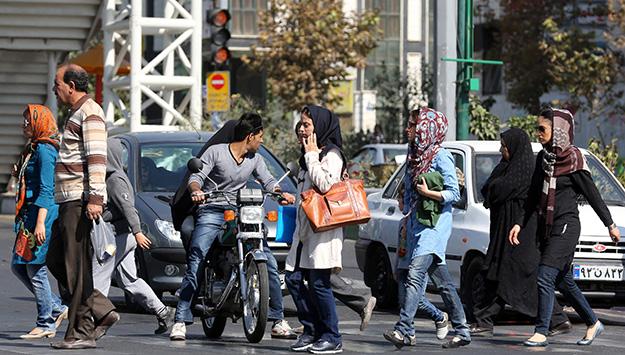
Iranian women have recently been using social media to test the boundaries of the Islamic Republic's hijab law. Fatemeh Aman discusses whether Iran’s current political system can allow women to choose or reject the hijab freely.
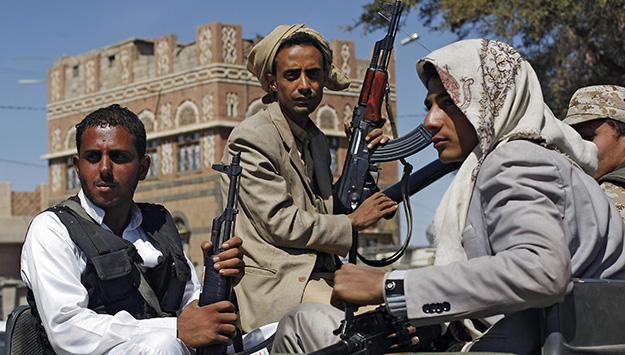
A month after the Houthis took Sana, Yemen’s new political landscape remains uncharted. Charles Schmitz provides an update on how the Houthis are doing both politically and militarily in their quest to consolidate power.
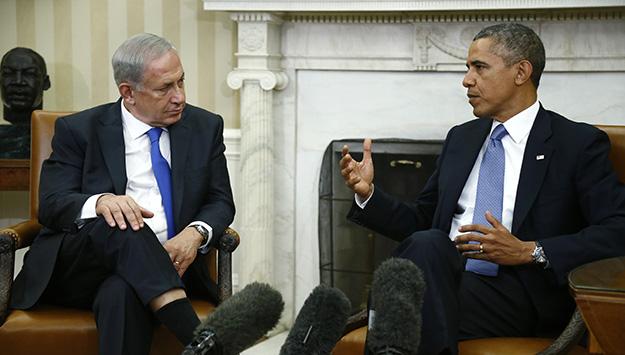
The Arab uprisings and the Syrian crisis have exposed fault lines not only within the region, but between regional countries and the United States. Steven Simon examines these lines between Washington and the Middle East, looking particularly at the Persian Gulf countries and Israel.
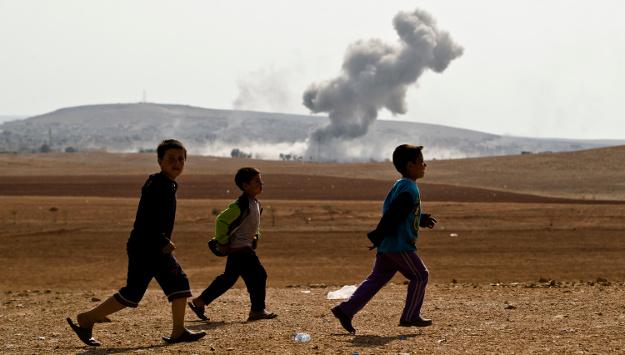
Turkey's sudden decision last week to open up an arms corridor from Iraq to aid the PYD's fight against ISIS in the Syrian border town of Kobani could pave the way for a resolution between Turkey and the PKK, says Gonul Tol. A burgeoning alliance with the United States could also put new pressure on the Assad regime.
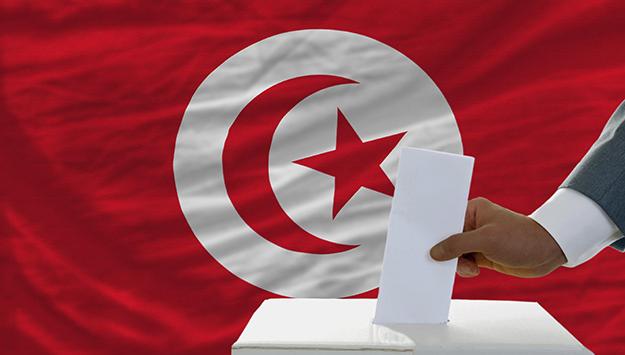
In spite of attempts to undertake transitional justice in Tunisia, its application is still limited -- and was almost absent from the campaigns of candidates competing in Sunday's parliamentary elections. Anne Wolf examines why.
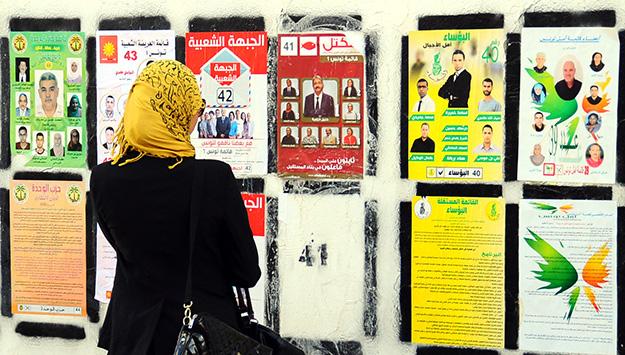
Tunisians head to the polls on Sunday for parliamentary elections. Larbi Sadiki lauds the country for moving toward "a democratic consolidation further than any other post-uprising Arab country" and explains why this is so.
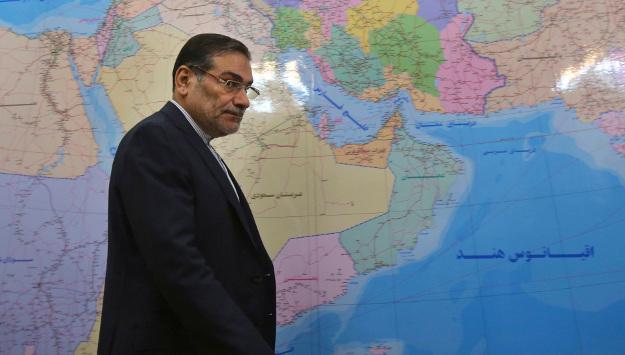
It has been over a year since Hassan Rouhani’s election and his pledge to reset ties with Riyadh. The appointment of Ali Shamkhani, a practical and moderate voice, to head Iran’s Supreme National Security Council was greeted hopefully, but he has yet to prove transformational, says MEI's Alex Vatanka.
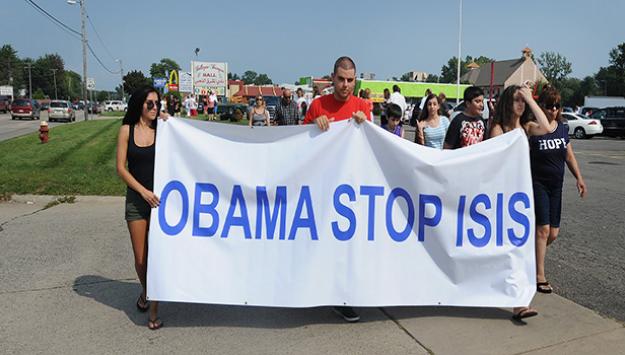
A group of MEI scholars recently met to discuss Obama’s legacy in regard to Middle East policy. This piece by Allen Keiswetter serves as the capstone paper for a series that will address the Obama administration's policies vis-à-vis a variety of Middle East issues and states, looking particularly at the current state of play, drivers and dynamics, and opportunities and pitfalls.
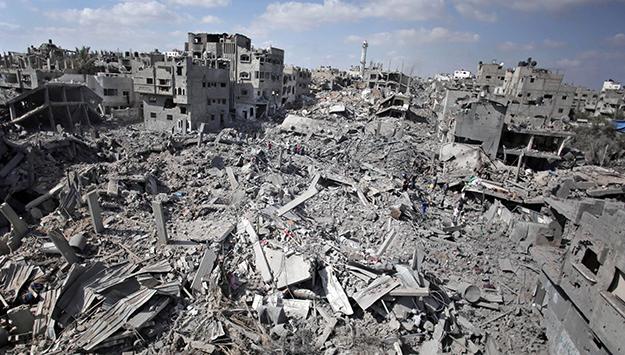
More than 50 countries convened in Cairo recently to mobilize support for the reconstruction of Gaza. While there are some indications that the conference could help Gaza’s economic well being, Geoffrey Aronson argues that most signs point to a continuation of the status quo.
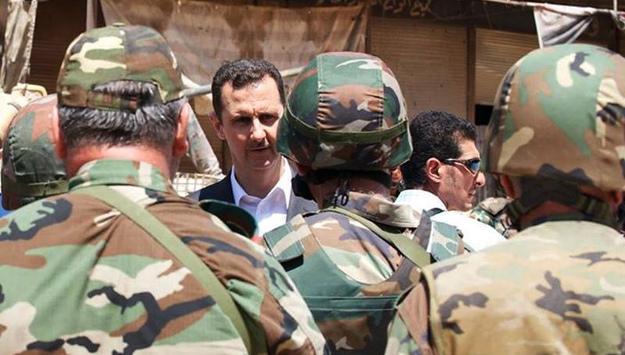
There will be no final defeat of ISIS or other violent groups that prey on extreme popular discontent until Syrian President Assad is removed, and a new inclusive order is put in place in Damascus, argues Paul Salem. The U.S. should keep pressing the political track even as it pursues the military track.
